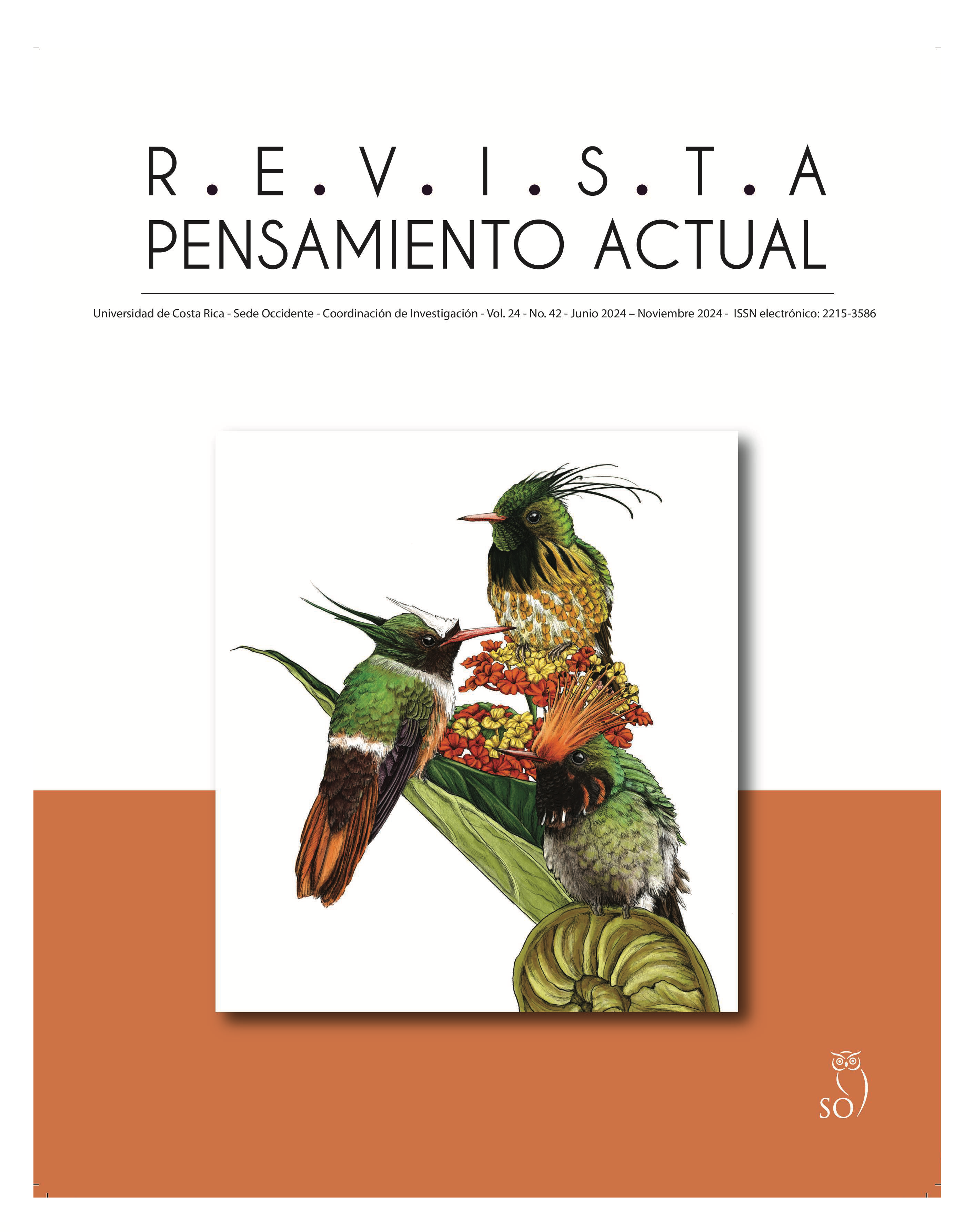Abstract
Costa Rica has been at the forefront in protecting the environment, taking advantage of this resource, the tourism offered in the country is mostly nature tourism and has benefited from the creation of protected wild areas; therefore, the aim is to determine whether sufficient actions are being taken to preserve ecosystems and thus contribute to the fulfillment of the 2030 Agenda to which the country committed in 2015. For such purposes, a quantitative descriptive methodology is used, where the benefits of the sector are evidenced, for example, parity at the employment level between men and women and the number of micro-enterprises linked to it. On the other hand, however, there is evidence of resistance or inability of the companies to manage information related to sustainability, and despite the policies created, there are still situations that threaten ecosystems and put the continuity of tourism at risk. It is concluded that the care of ecosystems is a responsibility of all residents in the country, and it is necessary to create strategic alliances for the preservation of ecosystems and collective improvement.
References
Departamento de Estadísticas Banco Central de Costa Rica. 2023. Cuenta Satélite de Turismo. Disponible en: https://www.bccr.fi.cr/indicadores-economicos/cuenta-sat%C3%A9lite-de-turismo
Gobierno de la República Costa Rica (2018). Política Nacional de Producción y Consumo Sostenibles 2018 -2030. Tomado de http://www.digeca.go.cr/sites/default/files/documentos/politica_nacional_de_produccion_y_consumo_sostenibles.pdf
Instituto Costarricense de turismo. (2017). Plan Nacional de desarrollo turístico de Costa Rica 2017-2021. Tomado de https://www.ict.go.cr/es/documentos-institucionales/plan-nacional-y-planes-generales/plan-nacional-de-desarrollo.html
Instituto Nacional de Estadísticas y Censos (2019). Indicadores de seguimiento ODS 2019 TOMO II. Tomado de https://ods.cr/recursos/publicaciones-y-documentos.
Mora, D. y Chávez, A. (2010). Programa Bandera Azul Ecológica: Una Revolución sin guerras por el ambiente, con la niñez costarricense. Instituto Costarricense de Acueductos y Alcantarillados. Tomado de: https://www.bvs.sa.cr/ambiente/textos/ambiente41.pdf
Programa de las Naciones Unidas para el Desarrollo. 2023. Los ODS en acción. Disponible en: https://www.undp.org/es/sustainable-development-goals
Rojas, L. (2009). Evolución e importancia del turismo en Costa Rica. Decimoquinto informe estado de la nación en Desarrollo Humano Sostenible. Tomado de: https://repositorio.conare.ac.cr/handle/20.500.12337/373
Secretaría Técnica de los ODS. 2023. Agenda 2030. El sistema de Naciones Unidas y los ODS en Costa Rica. Disponible en: http://ods.cr/ods-en-costa-rica/el-sistema-de-naciones-unidas-y-los-ods-en-costa-rica
Vargas, G. (2013). Turismo y espacios naturales protegidos en costa rica: enfrentamiento o concertación. Revista de Ciencias Sociales (123-124) DOI: https://doi.org/10.15517/rcs.v0i123-124.8814
##plugins.facebook.comentarios##

This work is licensed under a Creative Commons Attribution-NonCommercial-ShareAlike 3.0 Unported License.
Copyright (c) 2024 Pensamiento Actual


